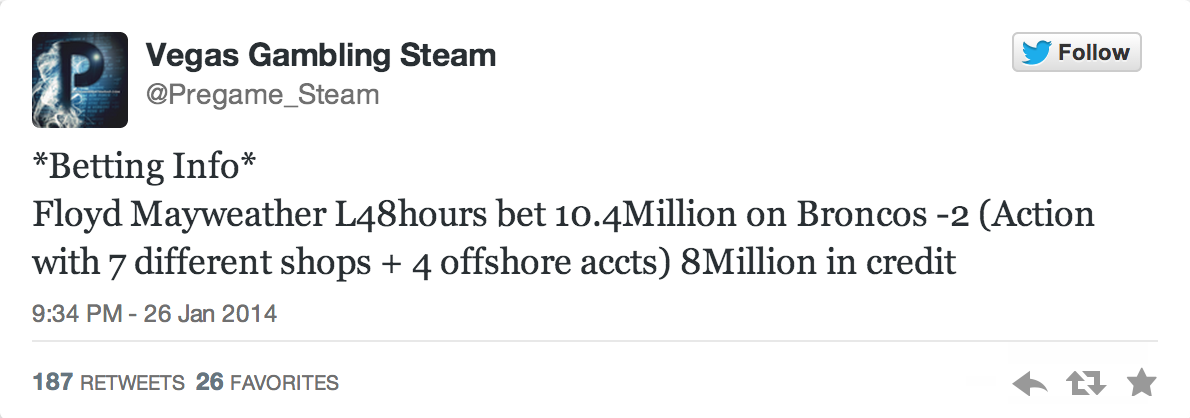1 Million Big whoop
Post on: 16 Март, 2015 No Comment

ThomasKostigen
LONDON (CBS.MW) — A million dollars just isn’t what is used to be. Now, it takes at least $10 million to be defined as a high net worth individual — or HNW in financial circles.
Individuals with less than $10 million in investable assets are part of the mass-affluent strata, while HNW is now better defined as $10 million to $50 million, says the Cerulli Associates report, Trends Among U.S. High-Net-Worth Providers.
People with more than $10 million are the sought after lot of the financial services industry, followed by the ultra-HNW individual — someone with more than $50 million.
While private banks, trust companies, brokerage firms, registered investment advisers, certified public accountants, attorneys and insurers most often cater to HNW market, commercial banks, mutual fund companies, and brokerage firms have crept in to service the affluent.
Ultra-HNW individuals have more than $50 million in assets.
This could pose a danger, according to the Cerulli report. Some financial service providers are only moderately qualified to service the needs of HNW customers. This unique market demands a high level of competence, experience, and expertise that some providers are less prepared to build or buy, the report says.
Too timid
Adding more risk to the danger of bad advice are lax regulations that allow general financial service providers to service HNW investors. The fall of the Glass-Steagal Act in 1999, allowing banks and brokerage companies to compete, highlights banks’ roles in the management of more people’s finances. And banks are typically more conservative investment managers, focused on capital preservation.
To counter mass-market categorization, firms catering to the wealthy are raising investment minimums to connote prestige.
Today’s HNW investor, however, wants capital growth, diversification, and generational transfer planning, according to Cerulli. To find proper advice, HNW investors will have to seek out boutique firms or devise family offices of their own. To counter mass-market categorization, investment management firms catering to the wealthy are raising their investment minimums to connote prestige.
Goldman Sachs raised their minimum to $25 million, and made no excuse for not targeting wealthy investors with less, says Shealyn McGuire, at Boston-based Cerulli. Those in the UHNW category are generally looking for smaller institutions that are willing to provide the level of service that a client would find in a family office, and are willing to pay for this kind of access. Family offices staff a team of financial advisers dedicated to a single family’s account.
Moreover, HNW investors are increasingly seeking alternative investment vehicles like hedge funds, private equity, and offshore vehicles with which financial service generalists have little experience.
The increasing numbers of new entrants looking to service these HNW clients has created a marketplace riddled with a wider range of offerings and blurring target markets, says McGuire.

Question of competence
Banks aren’t the only concern. Small, independent investment advisers and brokerage firms are increasing market share among the HNW class, Cerulli reports. This means depth, long-term strategies, and a more service-oriented approach, like that exulted at trust companies or private banks, will be absent.
Of course, HNW investors have minds of their own. But as mergers and acquisitions take hold in the financial-services industry, it’s difficult to determine just who manages your money.
Charles Schwab & Co. owns private banker U.S. Trust. Online brokerage E*Trade has acquired several firms, announcing its focus will be on wealth management. And FleetBoston bank is on an acquisition tear, recently adding Liberty Asset Management, a high-end investment manager, to its stable.
For the affluent investor, the commoditization of financial services means they’ll be relegated to a hybrid, self-directed approach, supplemented by person-to-person contact on a limited basis, McGuire says. Where human resources are not needed at a 100 percent service level for mass-affluent investors, it is more efficient for institutions catering to these clients to offer a limited access via call centers or walk-in service centers.
So, since $1 million isn’t what it used to be, seven figures will only get you semi-custom service. Will they (the mass-affluent) be shunned? In effect, yes, McGuire says.
It takes at least eight figures to be considered a person of means these days.














